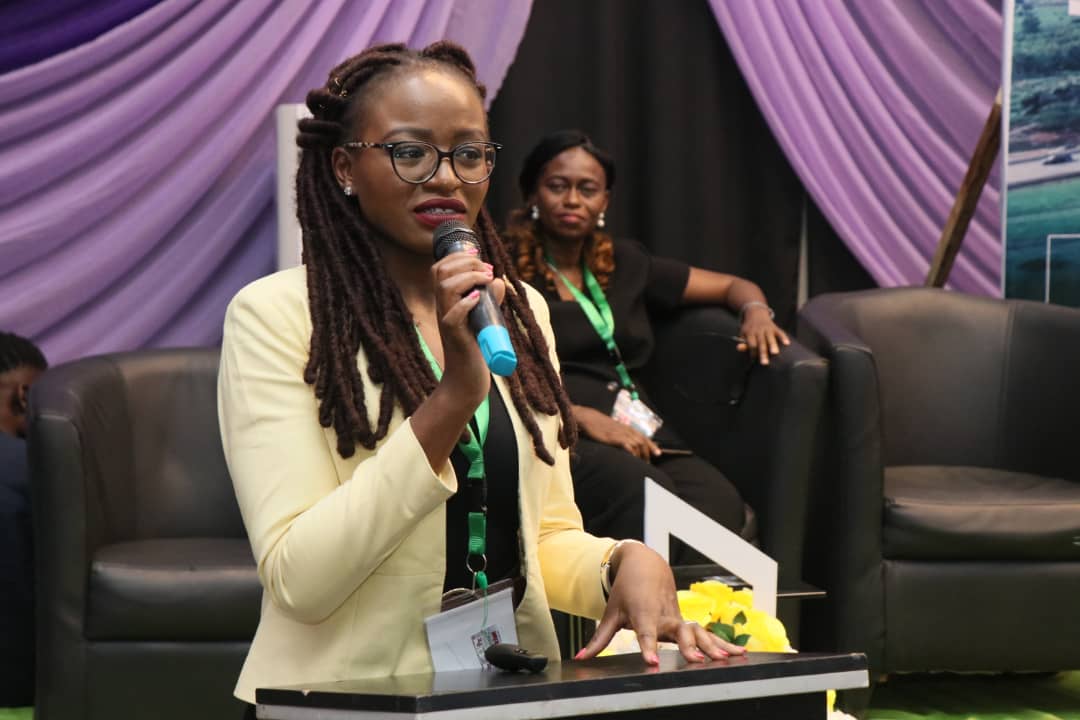Rural Seeds Africa at WONCA Africa Conference 2022
 By: Dr. Mercy Nafula Wanjala- Rural Seeds Ambassador, Africa Region
By: Dr. Mercy Nafula Wanjala- Rural Seeds Ambassador, Africa Region
Rural Family Medicine Café Abuja Edition: “The Role of African Health Care Students and young professionals in pandemic preparedness and response”.
The COVID-19 pandemic unearthed a few ethical dilemmas and challenges in its management and response. One of these predicaments involved medical students and residents. At the start and peak of the pandemic, the threat and fear of death resulted in lockdowns, social distancing and isolation, leading to the closure of medical schools, among other institutions. Health care and medicine is a profession where the learners depend about 70% on apprenticeship and practical experience. This learning process was interrupted with students and residents being sent home to attend virtual lectures, even as the biting shortage in the healthcare workforce- of which they are a crucial part, raged on, which begs the question: “Do the students and residents have a role in pandemic preparedness and response? Should they have a role? If so, which one?”
The topic generated an interesting discussion around the involvement of medical students in health care and health care services delivery. There was a clear split in the room, with one group calling for exclusion, and if they must be included, parental consent was needed since we are speaking of minors within the African context. The other school of thought was about the importance of students gaining experience in practical emergency response to pandemics and health emergencies. A great example was given from Nigeria on the effects of sending students home during the pandemic. Parents demanded that the students be sent home for fear of their children being exposed to the COVID-19 virus and probably dying. During school re-opening, 50% of the COVID-19 antigen test applied to students were positive, attributed to community transmission, weakened the argument that attending class and clinical rotations would expose students to the virus. Either way, at school or home, they were still at risk, mostly when public health and safety measures were disregarded.
In conclusion, the group agreed that there is a need to develop a framework for the engagement and involvement of healthcare students in the emergency pandemic preparedness and response, as long as there are protective measures in place and parents' are involved in the decision-making process.